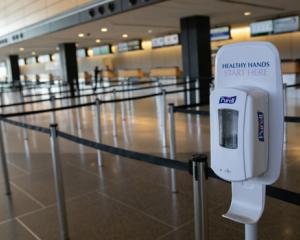A recently-released study found that while travel bans have been useful in slowing the spread of coronavirus, social distancing measures have been far more effective in controlling the epidemic. “Delaying is good because it slows things down,” said the study’s co-author Elizabeth Halloran, a UW professor of biostatistics. “But this idea of reducing the transmissibility is really key.”
In the News


This interactive graphic was created using the data and expertise of Professor of Biostatistics Betz Halloran and others. It analyzed the movements of hundreds of millions of people to show why the most extensive travel restrictions to stop an outbreak in human history haven’t been enough.
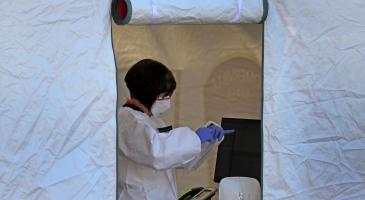
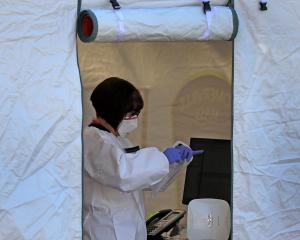
Elizabeth Halloran, UW professor of biostatistics and a senior researcher at the Fred Hutchinson Cancer Research Center in Seattle, said it’s crucial that the US boost its testing capacity even for people with mild or no symptoms. Studies show that undetected cases drive the growth in epidemics as people who don’t feel severely ill often continue to go about life, infecting those they interact with.

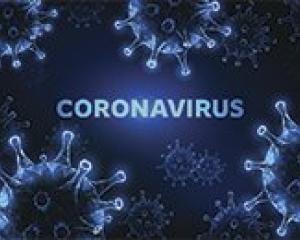
The coronavirus has an estimated transmission rate of 2.5 or higher, said Elizabeth Halloran, a professor of biostatistics at the University of Washington School of Public Health, in Seattle. "It's going to be difficult, even if it does go down somewhat seasonally in the summer, to bring that down necessarily below 1," Halloran said. "We're looking at a very contagious infection."


“Basically, if I infect one other person or more ... then the epidemic can take off. If I infect less than one person and everybody infects less than one person, then the epidemic will decline,” said Elizabeth Halloran, a disease researcher at the University of Washington.


The use of biomarkers measured in urine, blood, or other biospecimens could strengthen assessments of diet, says Ross Prentice, PhD, member of the Cancer Prevention Program in the Clinical Research Division, Fred Hutchinson Cancer Center, Seattle, Washington. Prentice is also a UW professor of biostatistics.

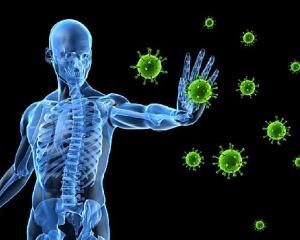
The article discusses UW Professor of Biostatistics and Fred Hutch researcher Elizabeth Halloran’s Science paper on COVID-19 modeling and preventative measures to limit transmission.
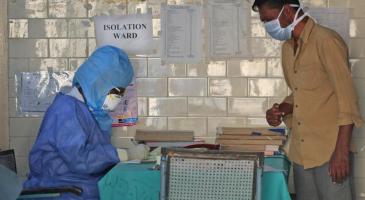
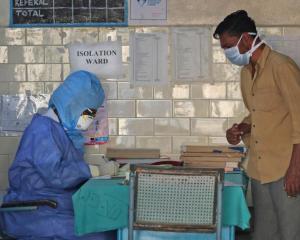
The true number of infections will only be known with better and more routine testing, said Betz Halloran of the Fred Hutchinson Cancer Research Center and UW Professor of Biostatistics.“It’s crucial to help slow the epidemic” because then more people can self-isolate, she said.

